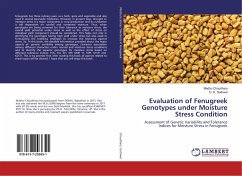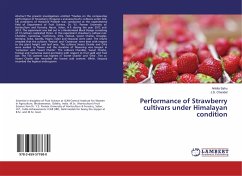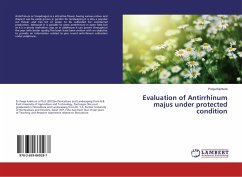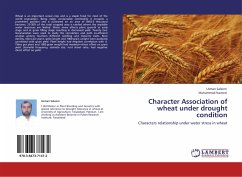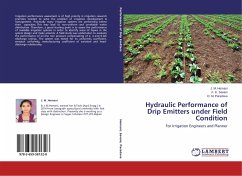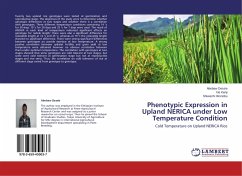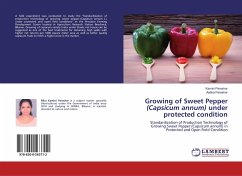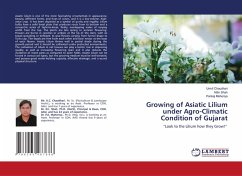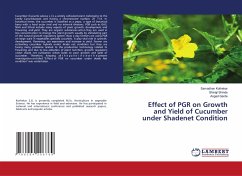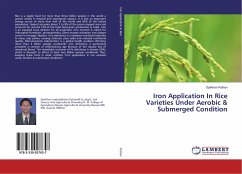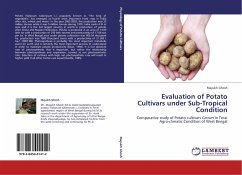
Evaluation of Potato Cultivars under Sub-Tropical Condition
Comparative study of Potato cultivars Grown in Terai Agro-climatic Condition of West Bengal
Versandkostenfrei!
Versandfertig in 6-10 Tagen
39,99 €
inkl. MwSt.

PAYBACK Punkte
20 °P sammeln!
Potato (Solanum tuberosum L.) popularly known as The king of vegetables , has emerged as fourth most important food crop in India after rice, wheat and maize. In the year 2002-2003, the production was 25 million tonnes while it was 5 million tonnes during 1970. India ranks 4 th in area and it is the 3rd largest country in world in production of potato after China and Russian Federation. Potato is produced in an area of 14.00 lakh ha with a production of 250 lakh tonnes and productivity of 17.86 ton per ha. In West Bengal area under potato cultivation was 405.54 thousand ha, production was 7600...
Potato (Solanum tuberosum L.) popularly known as The king of vegetables , has emerged as fourth most important food crop in India after rice, wheat and maize. In the year 2002-2003, the production was 25 million tonnes while it was 5 million tonnes during 1970. India ranks 4 th in area and it is the 3rd largest country in world in production of potato after China and Russian Federation. Potato is produced in an area of 14.00 lakh ha with a production of 250 lakh tonnes and productivity of 17.86 ton per ha. In West Bengal area under potato cultivation was 405.54 thousand ha, production was 7600 thousand tones with a productivity of 21.383 t ha-1 (2007-08). Photosynthesis is probably the most important metabolic event on earth and is certainly the most important process to understand in order to maximize potato productivity (Dean, 1994). It is not absolute rate of photosynthesis that is important, but rather the relationship between photosynthesis and respiration, termed as net photosynthetic rate. Selection of cultivars with high net photosynthetic rate will result in higher yield if all other factors are equal (Dwelle, 1985).



